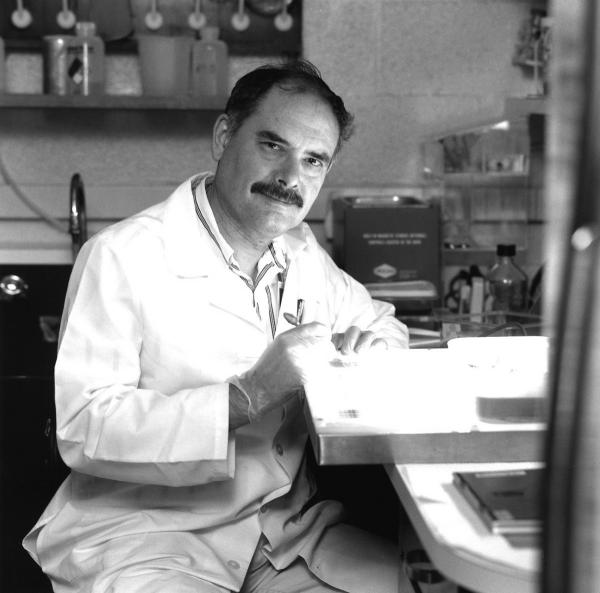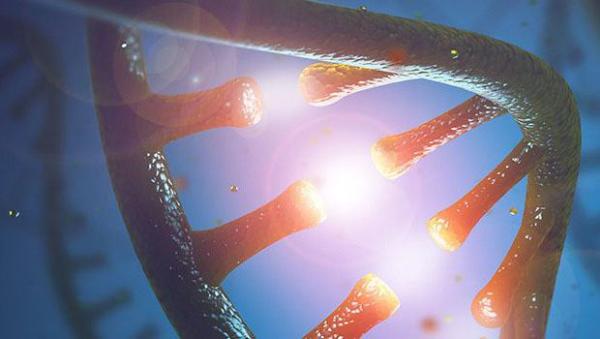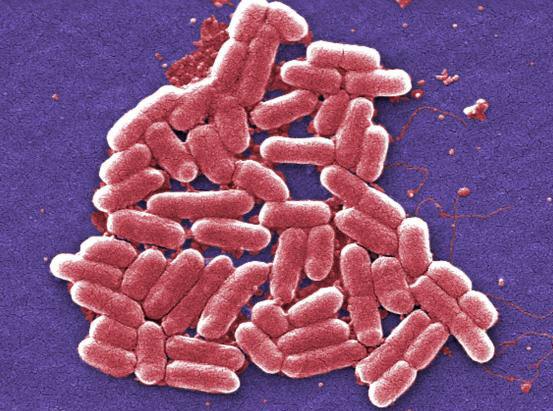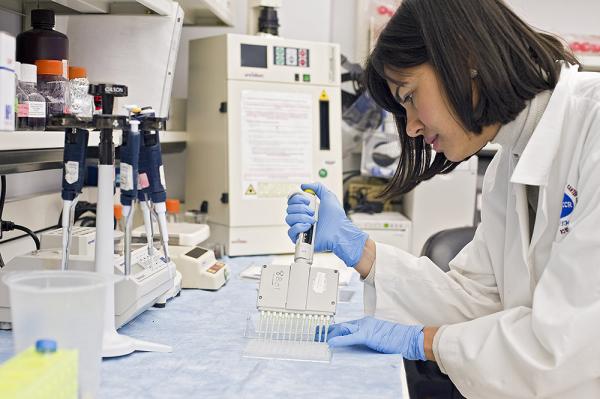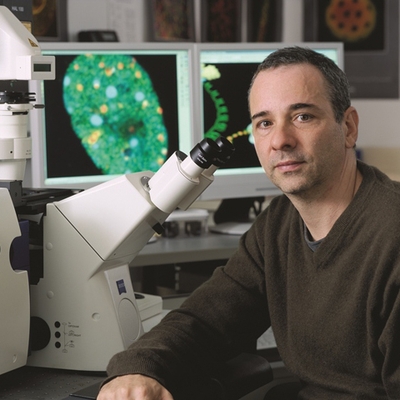Global Scientists Come Together at the National Institutes of Health
Individuals From Around the World Drive IRP Breakthroughs
Come to NIH and you’ll hear many accents. Scientists from around the world have always contributed significantly to the NIH mission. The resulting diversity of backgrounds and perspectives makes the NIH Intramural Research Program an extremely stimulating and productive environment. Read on to learn about some of the many scientists of the past and present who brought their talents from abroad to one of the world’s leading institutions for biomedical research.





